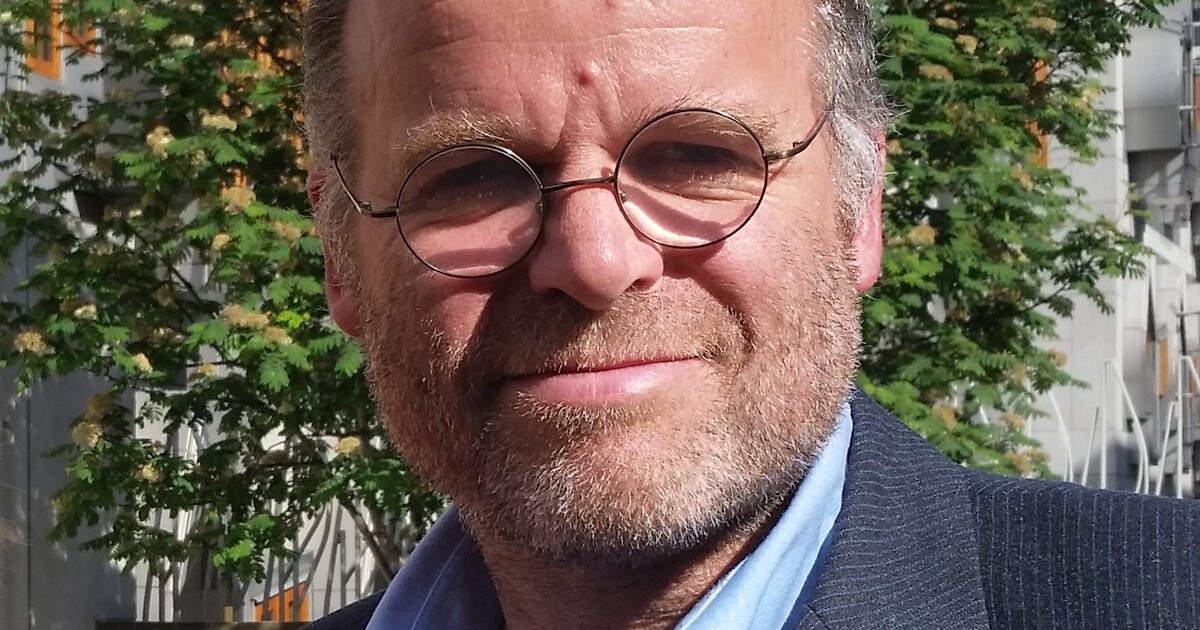Power is still linked to land in Scotland

At the heart of environmental concerns is the question of power - who has it, how they exercise it and to whom are they accountable.
Although the Scottish Government make great play of recent moves to empower communities, the reality is quite different.
The Community Empowerment Act was passed in 2015 and was designed to give communities a voice and enable citizens to have a greater say over their local area.
But if this is to mean something, then we should be seeing results. Instead, for too many communities it feels like business as usual with monied developers holding all the cards.
Look at plans over the old Sick Kids hospital building in Edinburgh, where the community bid was gazumped, or the ongoing saga on Leith Walk, where despite the wishes of city councillors a developer is dragging out the process and issuing de facto eviction notices to the small businesses that make that place thrive.
The family-run Leith Walk Café is due to close this week when its ten-year lease is allowed to expire. It isn’t just a small business. It’s a social hub which contributes to the cohesion of that community.
When it comes to giving communities more control over their own place, over assets and land, we have seen a pattern emerge where policy ambition is stated, then watered down, then apparently abandoned.
The recent Planning Bill was the first overhaul of the planning system in over a decade, and a huge opportunity to hand some control back to our communities.
I worked very hard to secure support for proposals to address the dramatic increase in short term lets which has caused misery for so many people, hollowing out communities.
I also moved amendments to allow for more balance in the planning appeals system by introducing equal rights of appeal I tried to bring more democratic scrutiny to the construction of tracks in in the countryside and across our most precious landscapes
After making some progress in the early stages, it was distressing to watch the SNP team up with the Tories in amendment after amendment, killing any hope of a progressive, community-centred bill. The lobbyists had been successful and the interests of developer and landed interests won over those of the people that have to live with the consequences of a lop-sided planning system.
The Conservative housing spokesperson lavished praise on a “Tory-style Planning Bill”, which was particularly telling.
Again, it is about who wields the power. In Scotland, that is about who owns land and property.
Land reform has been on the agenda since the beginning of the Scottish Parliament. One of the first things enacted was the abolition of feudal tenure, the right to roam and the establishment of national parks..
But the fact remains that large-scale land ownership in Scotland is concentrated in very few hands, and despite some modest successes, communities are as far from power as they’ve ever been.
Common ownership of land should be the norm and not simply a response to market failure or disputes with landowners. Across Europe, things are very different with community-sized local government and widespread communal ownership of land. Scotland is an aberration.
In redistributing power, we need to focus giving communities the kind of real power that is commonplace in Scandinavia for example. Green politics is based on the principle of radical democracy where communities have the means to govern themselves and deliver the solutions needed to tackle the climate crisis or housing needs.
After twenty years of devolution it is regrettable that so little progress has been made to that end.
This column originally published in the Scotsman
